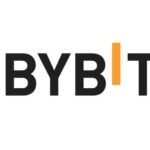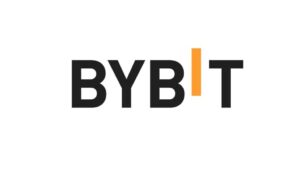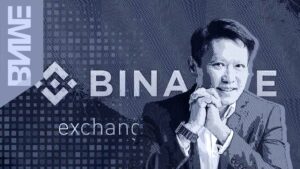The disruptive potential of the crypto industry is one of the leading discussions in the corporate and investment markets. With electronic transactions becoming the new normal, crypto trading has evolved from whitepapers and consultations to real-life projects and is here to stay, especially with the gradual increase in crypto regulations. Having said that, we still have a long way ahead in finding a consistent legal approach.
With respect to the UAE, in alignment with its vision of being a global and progressive nation, is now an emerging platform for investors to begin their crypto business in Dubai. There is a rising popularity of crypto trading and crypto exchanges serve as a platform for investors in the UAE to buy and sell crypto. In fact, the Virtual Assets Regulatory Authority (VARA) is the sole authority regulating virtual assets across Dubai.
However, before delving into the investment aspect of the transaction, it is crucial for the investors to keep in mind certain regularities and potential concerns pertaining to the crypto exchanges. In order to decide on know which crypto exchange is suitable for your requirements, one has to conduct thorough due diligence on current market trends, the crypto markets supported by the exchange, and its charges in fees and commissions. An independent evaluation is a must to secure one’s position when it comes to investments in digital assets.
Below are some of the key factors that investors should take into account on priority (prior to investing in the digital exchange of assets).
i. The regulatory framework
While the UAE provides an encouraging ecosystem for the crypto industry, the industry continues to be largely unregulated. Therefore, at the time of investment, it is imperative that the investor is aware of the most suitable regulated onshore industry for virtual assets in Dubai.
ii. Evaluating the transparency and accountability mechanism followed by the exchanges
As a universal practice in the financial ecosystem, the exchanges are required to have rigorous processes in place in terms of KYC (Know Your Customer) and Anti-Money Laundering. Another element of importance is the exchange’s cybersecurity and data protection processes.
iii. Adequacy to handle and manage large-scale transactions
What systems and processes are in place to manage transactions whether buying or selling? Is the investor sufficiently provided with appropriate information pertaining to the process of redemption of digital assets and are the returns regulated?
iv. Jurisdiction-specific limitations
When considering an offer by an entity seeking investment, the investor should take note of the regulations pertaining to the transaction as per applicable jurisdictional law(s) and regulations. Moreover, the corporate structure and governance mechanism of the entity must be adequately made available to the investor.
v. Stability of the digital currency
The investor must take due care of conducting a market analysis of the digital towards which the investment is to be made.
– By Farhat Ali Khan, Managing Partner, Century Maxim International




























